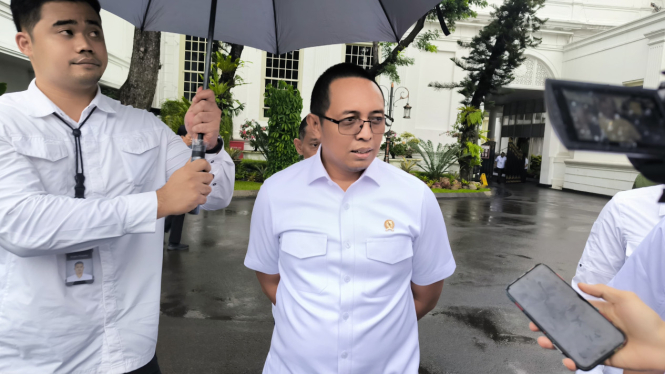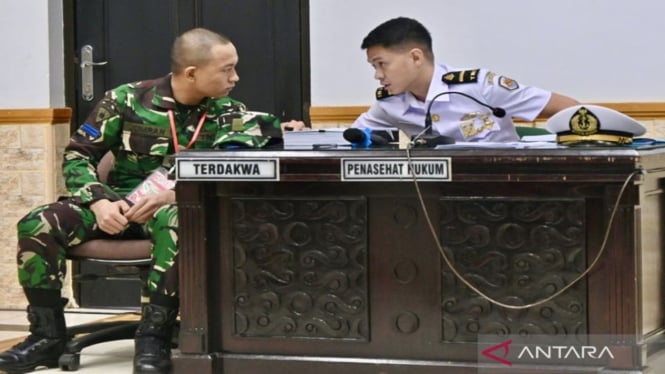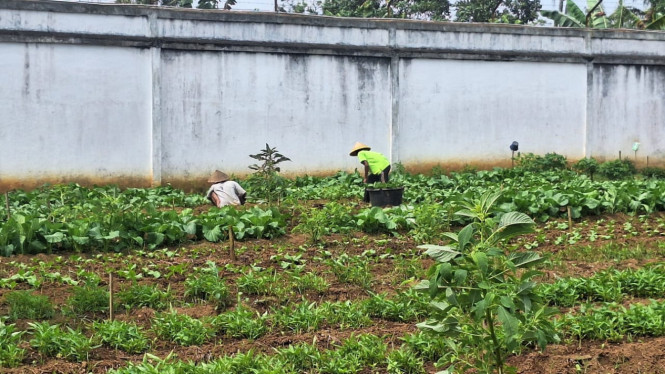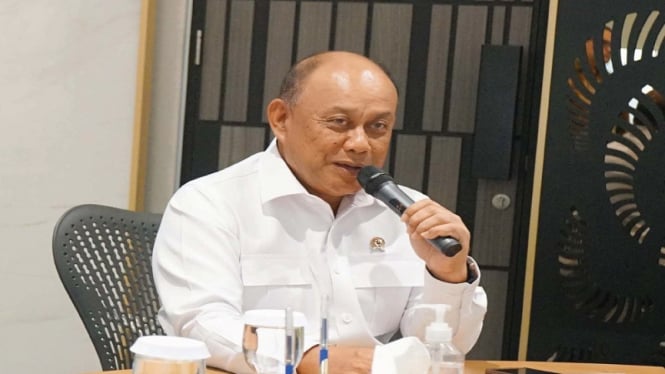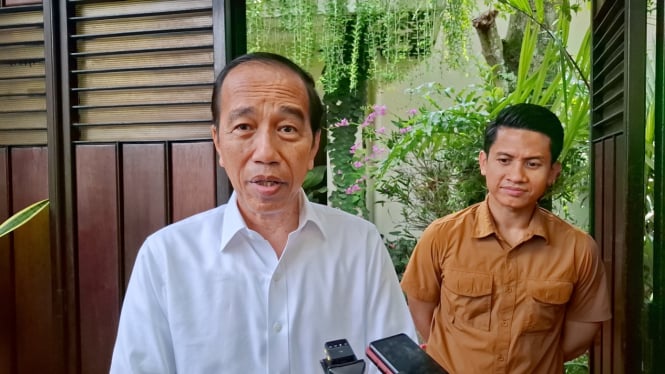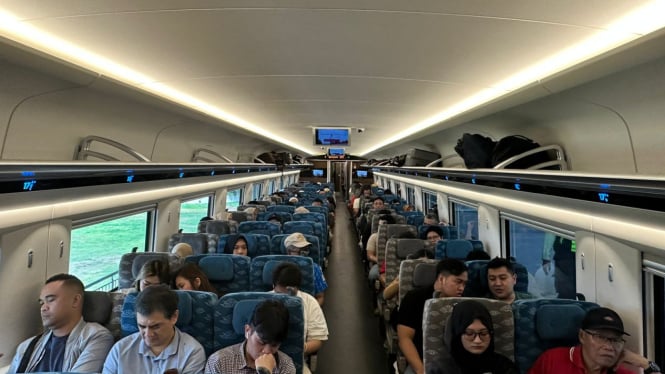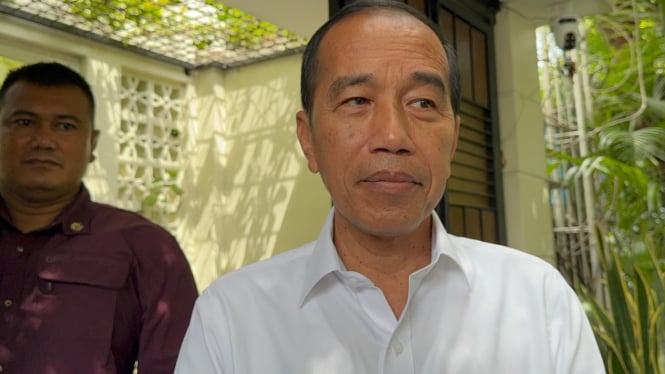Jakarta, VIVA – As Indonesia and China commemorate 75 years of diplomatic ties in 2025, the presence of Chinese foreign workers (TKA) in Indonesia remains a contentious issue, viewed by many academics as a growing challenge in bilateral relations.
This concern was a central theme at a seminar titled "Foreign Workers and Indonesia-China Relations", jointly hosted by the Paramadina Public Policy Institute (PPPI) and the Indonesian Sinology Forum (FSI) in Jakarta on May 5, 2025. Participants included government officials, economists, and scholars specializing in China studies and international relations.
Ahmad Khoirul Umam, Managing Director of PPPI and lecturer at Paramadina University, emphasized that the issue is not unique to Indonesia. “Concerns over Chinese foreign workers are also echoed in the Middle East, Africa, and Latin America,” he said.
Umam stressed the importance of ensuring technology transfer, not just labor importation. “The discussion must go beyond empowerment of local workers — it should push for real technological collaboration from China,” he added.
Johanes Herlijanto, Chair of FSI and lecturer at Pelita Harapan University, highlighted a shift in Chinese migration patterns. “Unlike the old ethnic Chinese communities, these 'new migrants' are often temporary workers tied to Chinese investment projects,” he noted.
He also raised issues of legality, citing cases where Chinese workers enter with inappropriate visas and later return under similar circumstances. “This easy-come, easy-go pattern must be addressed through proper regulation,” he said.
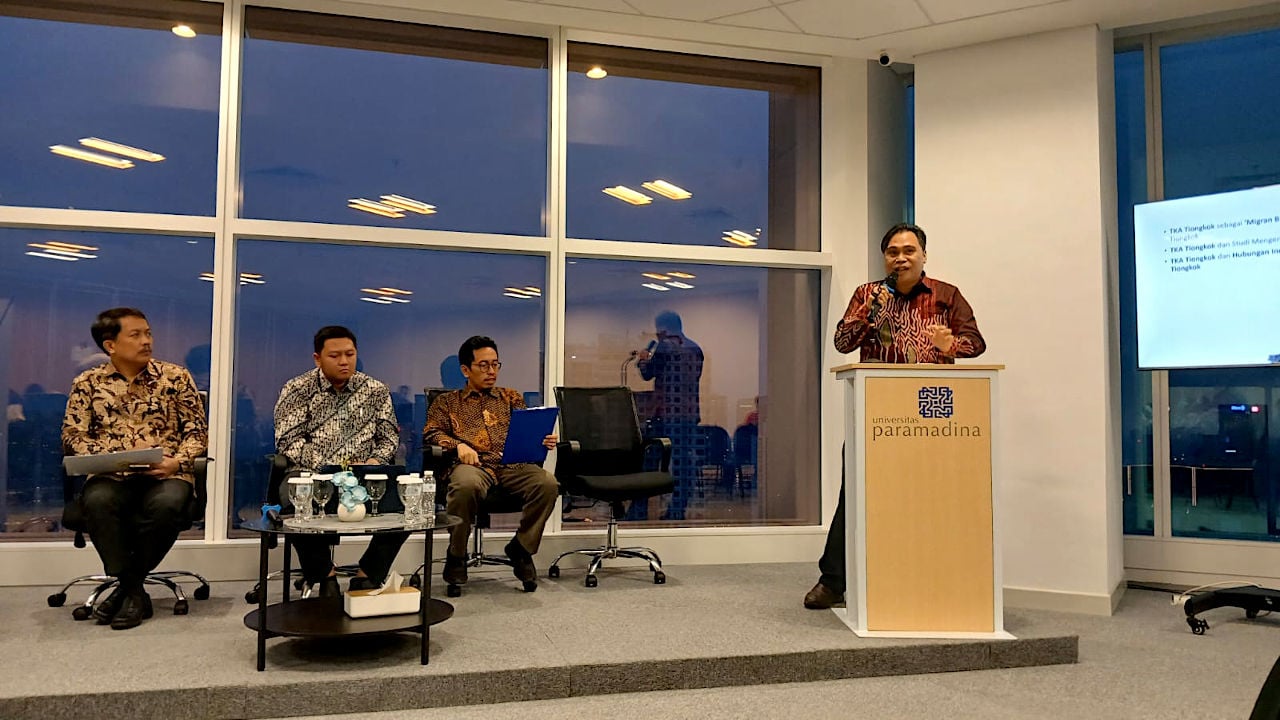
From a regulatory perspective, Immigration Ministry expert Anggiat Napitupulu explained that post-Omnibus Law reforms have streamlined TKA permits. “China now focuses more on high-level workers — engineers, supervisors — and promotes smarter, greener investment,” he said.
Meanwhile, Ali Chaidar Zamani from the Ministry of Manpower clarified that over 101,000 work permit approvals (RPTKA) were issued in 2024. However, he emphasized that these figures represent permits, not actual arrivals. “Chinese workers fill temporary gaps, not replace local labor,” he explained.
Economist Muhammad Iksan predicted continued Chinese labor presence due to sustained investment. “What matters now is improving oversight and accelerating skills transfer,” he said. “This will help reduce dependency on foreign workers over time.”
Halaman Selanjutnya
From a regulatory perspective, Immigration Ministry expert Anggiat Napitupulu explained that post-Omnibus Law reforms have streamlined TKA permits. “China now focuses more on high-level workers — engineers, supervisors — and promotes smarter, greener investment,” he said.

 3 hours ago
1
3 hours ago
1







